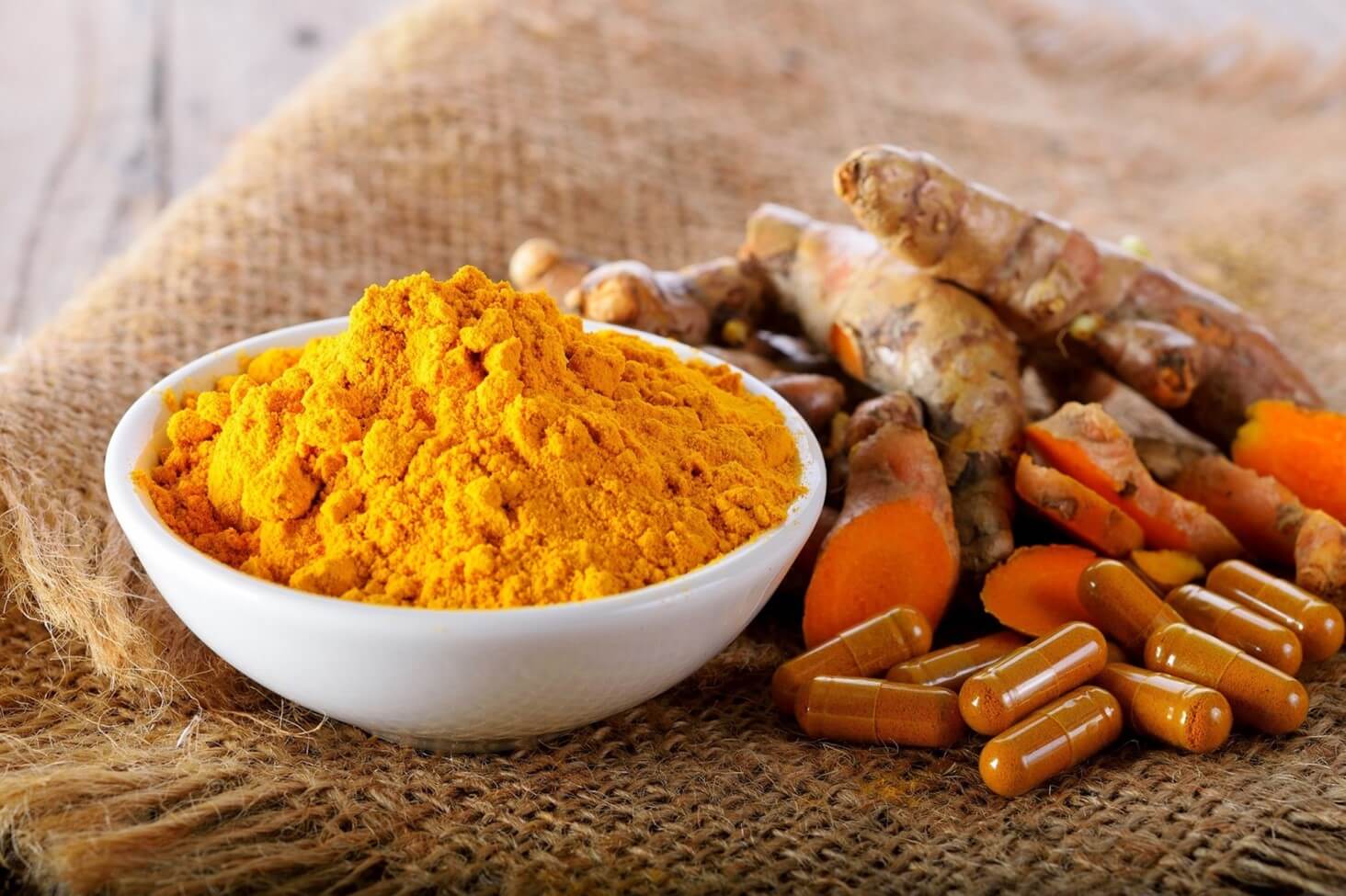What Are Botanicals?
A botanical is a plant or component of a plant (such as the leaf, root, bark, or extract) valued for its flavor, aroma, or therapeutic properties. With more consumers embracing the natural and healthy image of botanicals, the popularity of botanicals in foods, beverages, and supplements is growing.
How Botanicals Support a Clean Label
In foods and beverages, botanicals are often used to deliver the characterizing flavor—as in a jasmine tea, lavender latte, or cinnamon bun. However, some botanicals can provide broader applications due to their functional properties. In many cases, manufacturers can replace artificial additives with natural botanicals to create a clean-label product.
Pectin and locust bean gum are natural, plant-based thickeners, while rosemary and oregano extracts are effective antioxidants that delay fat oxidation and extend shelf life. Turmeric and paprika are examples of botanicals that can replace artificial colors for a more appealing ingredient label, while supporting a natural claim.


